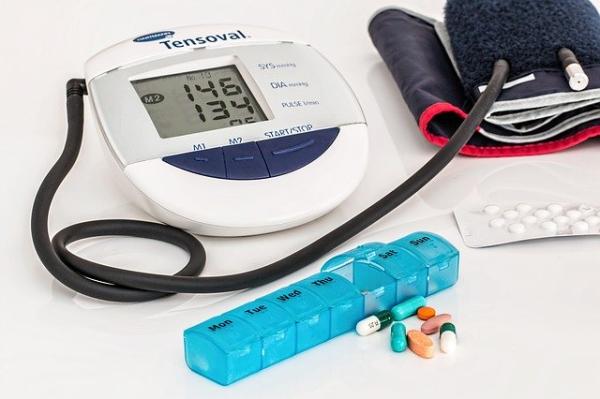In the fall of 2018, Aetna and CVS merged, joining a health insurer with a large pharmaceutical business. With great excitement, they announced earlier this year their HealthHubs.
"Our new HealthHUB locations are just that — helping to elevate the store into a convenient neighborhood health care destination that brings easier access to better care at a lower cost. ….
With the new format, over 20 percent of the store is now dedicated to health services, including new durable medical equipment (DME) and supplies and new product and service combinations for sleep apnea and diabetes care.
With personalized Pharmacy support programs and MinuteClinic services, the HUB team is improving care for patients managing chronic conditions, with a focus on recommending next best clinical actions and driving medical costs savings.
… the combination of CVS and Aetna can begin to establish an innovative health care model that will create an entirely new consumer experience and help people on their path to better health." [1]
I was a bit concerned at the time over the announcement, perhaps because of a residual physician distrust of insurance carriers. This week Modern Healthcare reports on the third-quarter earnings call regarding those new HealthHubs.
"The three pilot hubs it opened in Houston in February have so far "outperformed their control group," delivering higher prescription volumes and MinuteClinic visits, as well as higher front-of-store sales, traffic, and margins, CVS CEO Larry Merlo told investment analysts during the company's third-quarter earnings call on Wednesday."
Perhaps I am a bit harsh, after all, earnings calls are about financials. But higher prescription volumes and visits reflect revenue, not improved health. And those other improvements in front-of-store sales (meaning the additional items you purchase at CVS while waiting for your visit or prescription), traffic and margins – they speak of revenue, not healthcare. Later, in response to an analyst's question, the CVS team stated,
"The new wellness product that we've added to the front store continues to do well, including the products that we're selling in the sleep apnea space, helping fill white space [2] in an unmet consumer demand. We're bullish on the MinuteClinic expanded services, getting into chronic disease management in a more coordinated way. We believe it's in collaboration with primary care, to answer your question …And just an important point to note, as it relates to your provider question, 80% of the services that can be provided by a primary care physician can, in fact, be provided by our nurse practitioners in our pharmacies -- excuse me, in our MinuteClinics and, again, we view it as complementary to primary care." [3]
There were no physicians involved in the conference call, including any corporate director of the MinuteClinics. Where is the data on whether healthcare is better, whether health is improving? You would think that they would have at least said they gave more flu shots. What they did say was that their nurse practitioners could provide 80% of primary care and that leaves the remaining 20% of complex, more intense, less recompensed care to the physicians. You can describe this as having physicians working up to the level of their training or license or as disruptive of primary care. My concern is that there is a misalignment of goals. Healthcare should be efficient with our time and money, but efficiency needs to take a secondary position to outcome. There is increasing evidence that corporate healthcare is driven more by the bottom line, then outcomes – after all investors, can tolerate a higher amount of complications for patients if it maintains or even improves their investment.
Robbing Peter to pay Paul
Healthcare is an ecosystem. When you take all the easy, high margin, remunerative work and leave the complex, costly care to others, those others begin to fail. We have seen it as orthopedists have moved arthroscopy, and now joint replacement away from hospitals to their surgicenters. We have seen it as urgent care centers treat the urgent problems of the walking well and leave the genuinely ill to the emergency department. The HealthHubs may well be the vanguard of future primary care. Still, these corporate Pauls are robbing primary care and other health systems Peters of the higher-margin work that supports the more complex lower margin work of actually caring for the ill.
If this is what the American consumer wants, well, I guess the customer is always right. But it would do us all well to remember that we are talking about patients, not healthcare consumers, and their needs may have more to do with continuity and relationship than front-of-the-store sales.
[1] CVS Health Testing New HealthHUB Store Format
[2] White space refers to the unmet needs of the consumer. Steve Jobs put it best, "A lot of times, people don't know what they want until you show it to them." People don't know what they want."




